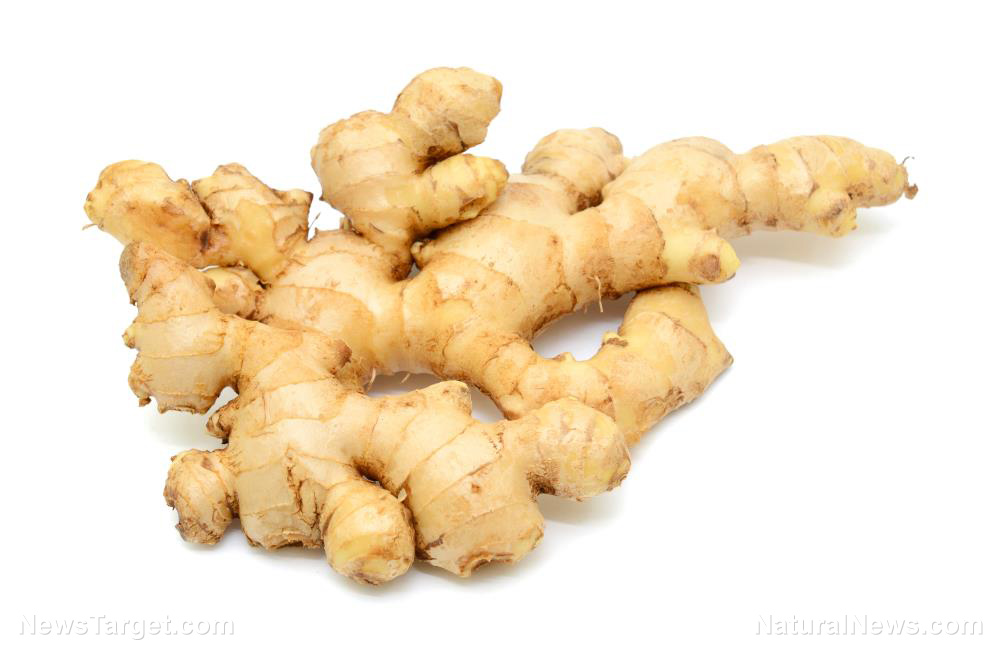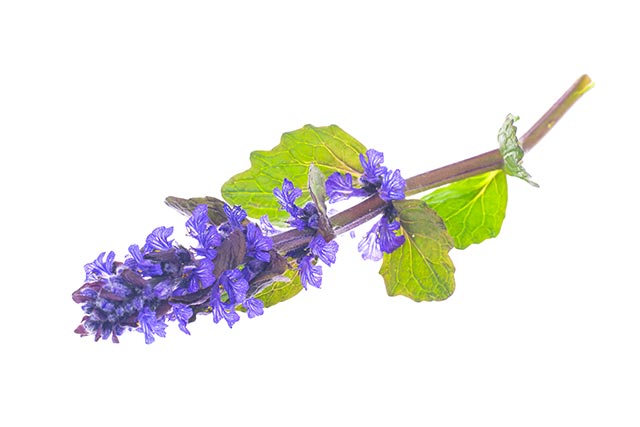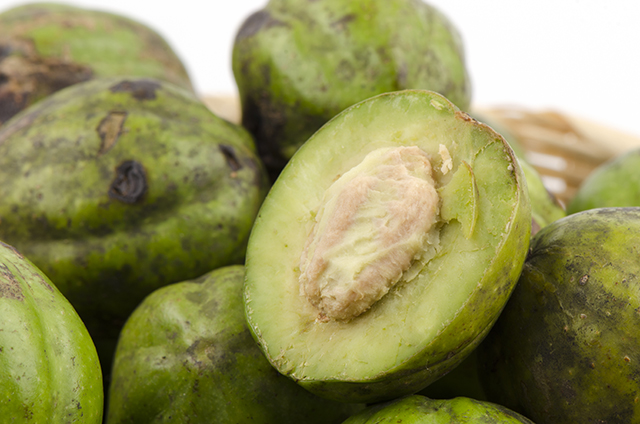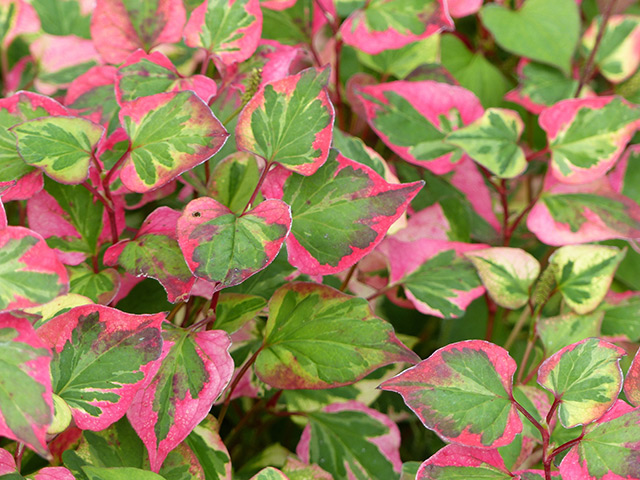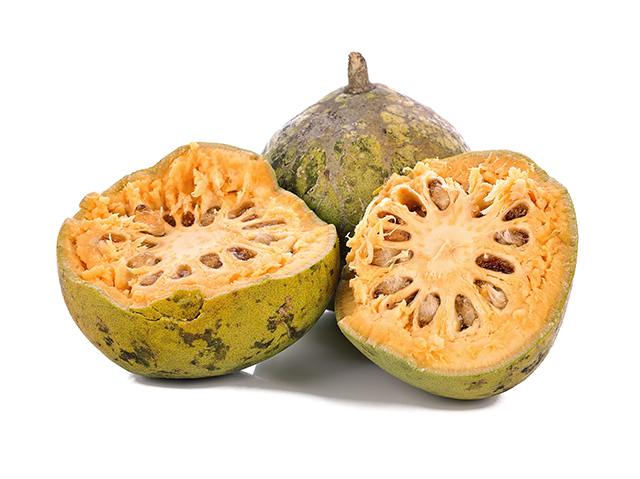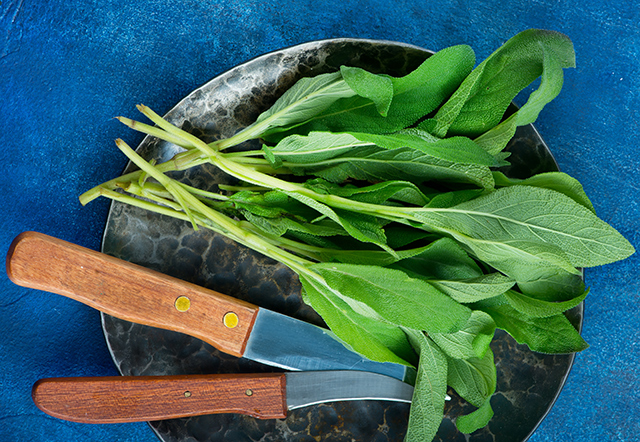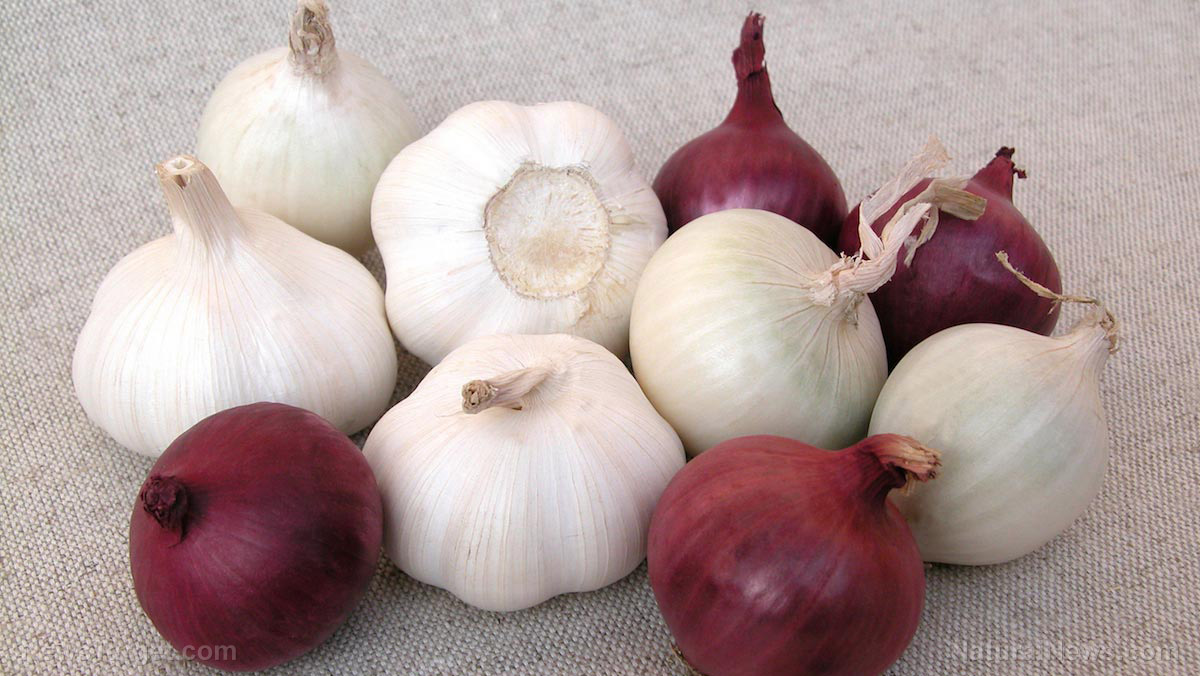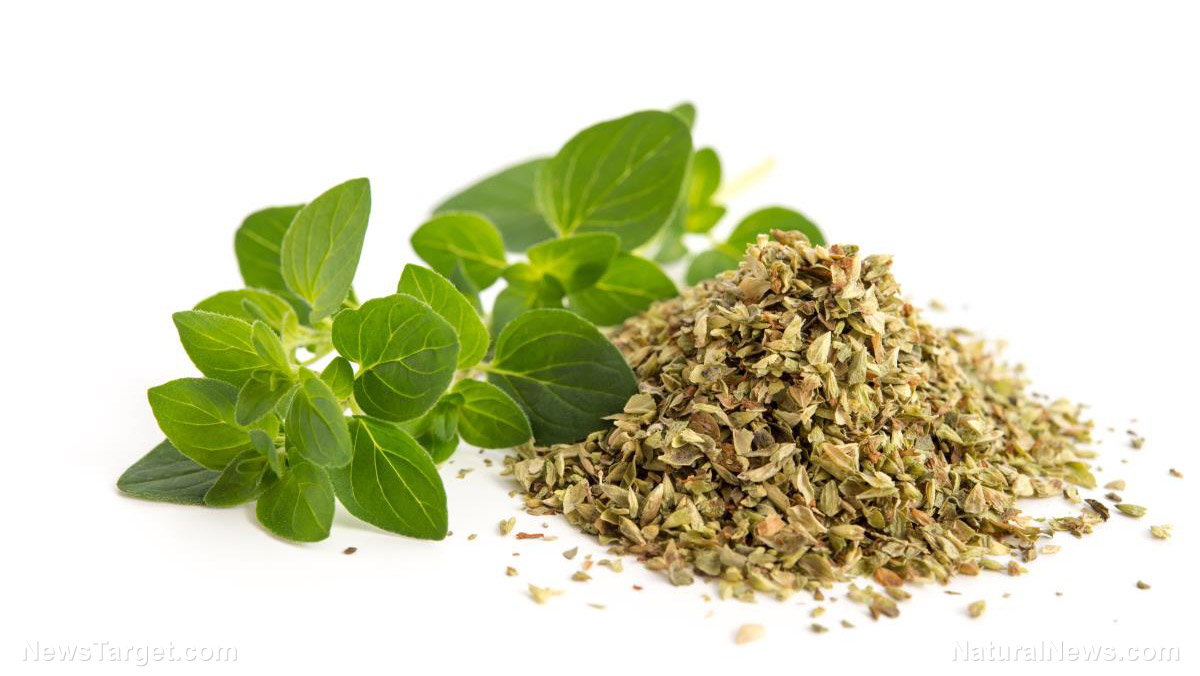Flour made from orchid tubers can protect the liver from drug-induced toxicity
08/03/2018 / By Ralph Flores

A severe side effect of drug treatment is liver damage. In some cases, a specific medication that a physician may have prescribed to treat a disease may make it worse for your liver – the organ primarily responsible for purifying toxins in the blood.
One such case is isoniazid, a commonly used drug for treating tuberculosis. While it is known to treat Mycobacterium tuberculosis effectively, its hepatotoxic side effects can interfere with the course of treatment. To counter these effects, researchers from Jahrom University of Medical Sciences and Isfahan University of Medical Sciences in Iran have suggested using orchid extract (salep) to protect the liver against the effects of isoniazid. The results of their study were published in the Journal of Traditional and Complementary Medicine.
Ever since its introduction into clinical practice in 1954, isoniazid has been credited with the sharp decline in morbidity and mortality of tuberculosis. However, it also accounts for the most common cause of serious liver injury. In the U.S., the drug is known to cause acute liver injury with jaundice, in some cases even causing death. Risk factors that increase isoniazid-related liver injury include alcohol consumption, old age, malnutrition, underlying hepatitis B or C, and the use of other anti-tuberculosis medications.
For this study, the researchers built on the results of their previous studies, which showed that salep (Orchis maculate L.) possessed anti-hepatotoxic properties in general. In traditional medicine, salep is applied topically to relieve chest pain, and it is known to treat chest and intestinal disorders, tuberculosis, diarrhea, Parkinson’s disease, and cancer. Earlier studies have also shown that salep possesses potent antioxidant properties.
To learn how salep can reduce the incidence of drug interruption in isoniazid treatments for this study, the team first collected salep plants and, using the dried roots, made flour. This was then processed and filtered to make an aqueous extract for the study. They then used 56 Wistar rats for the experiment, randomly assigning each rat to seven groups. Aside from the control group and the sham group, one group was given 50 mg/kg of isoniazid. The four remaining experimental groups received 40, 80, 160, and 320 mg/kg of orchid extract, respectively. The extracts were administered every day for a month, after which blood samples and liver tissues were analyzed.
The results revealed that the rats administered with salep had significantly lower levels of liver enzymes, bilirubin, MDA, and total oxidant content – which were markers for liver damage – than the rats that were not given salep. The salep group also had a higher level of antioxidants and protein over those which only had isoniazid. The tissue analysis also revealed that the rats in the salep group had no liver injury.
Researchers deduced that salep might help prevent the destructive effects of isoniazid on the liver. “It seems antioxidant compounds present in orchid extract stabilize membranes of liver cells through reducing production of free radicals, decreasing release of liver enzymes into blood, and by improving liver protection indices in rats poisoned by isoniazid,” they wrote in the report. “Administration of salep (as a complementary drug in TB therapy) may increase the power of the patient against the hepatotoxicity and this drug may decrease the chance of drug interruption.”
Salep is a rare and delicious treat
Salep, the starch that comes from the dried tubers of orchids, is well-known in the Middle East, where it is used anywhere from a thickener in cooking to its most famous variant, a creamy drink.
The drink is especially popular in winter, where it not only warms a person up but also helps with cough. It is readily available in markets in countries such as Turkey. However, because making salep flour is an arduous process and some varieties of orchids used in production are already endangered, it is prohibited to export salep outside of Turkey.
If you can get your hands on salep flour, a simple way to prepare it is to mix one tablespoon of salep flour with two teaspoons of sugar. Add two cups of milk to the mix and stir. Put the mixture over low heat for 10 minutes, constantly stirring until it thickens. Pour the salep into mugs and put cinnamon, nutmeg, or ginger on top. (Related: 8 Hot Comfort Drinks to Beat Winter’s Chill.)
You can also try other fine starch, such as glutinous rice flour – a staple in Asian cuisine – as an alternative.
Learn even more foods that support the liver at Food.news.
Sources include:
Tagged Under: alternative medicine, anti-hepatotoxic, antioxidants, drug-induced toxicity, food cures, food is medicine, food research, harmful medicine, hepatotoxicity, Isoniazid, Liver, liver damage, liver injury, natural cures, orchid, orchid extract, orchid tubers, plant cures, plant medicine, salep, salep flour


